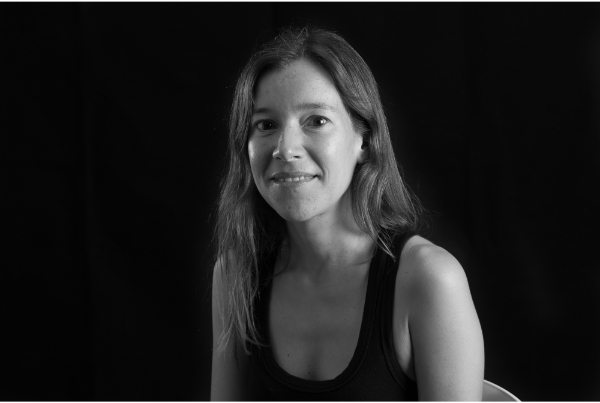After a Degree in Psychology I specialised at the University of Barcelona (UB) in Psycholinguistics and Cognitive Neuroscience during my PhD. I spent three years as a post-doc at the INSERM in Paris (Université Paris Est, Créteil, UPEC) where I studied the involvement of the striatum in the learning of new rules in language. I was a Research-Lecturer at the Ecole Normale Supérieure in Paris before I created my lab at the UB back in Barcelona as an ICREA Junior Researcher. After that I became an ICREA Research Professor and consolidated my group at the UB. My research is mainly focused on the cognitive functions and neural circuits engaged in the extraction of grammatical rules while learning a new language.
